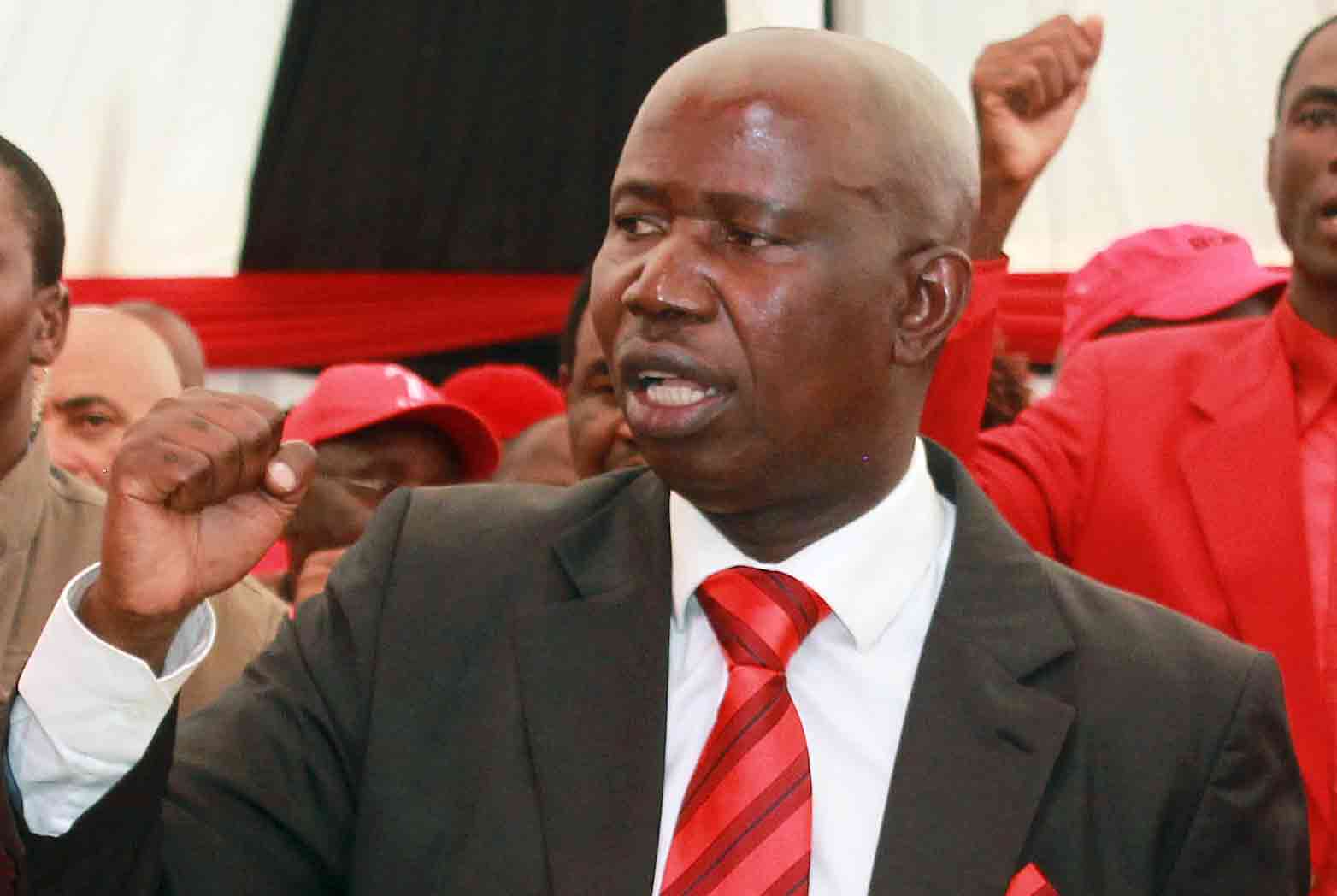- Guma wanted Chobe Landboard to give him 25000ha of land
- Guma reported Govt officials for taking long to help him
- He promised to create over 50 000 employment opportunities
- His company is now in financial turmoil
SONNY SERITE
In an endeavour to push his business interests, Member of Parliament for Tati East Samson Moyo Guma wrote to then President Ian Khama outlining his business plans and sought the president’s intervention to expedite favours from the government towards his companies.
The Botswana Gazette has obtained a letter dated 15 July 2014 titled ‘UPDATE ON PROJECTS AND ASSOCIATED CONSTRAINTS HAMPERING PROGRESS’ in which Guma had written to President Khama appraising him on his company with four others, United Refineries Botswana (URB)’s projects and the urgent need for assistance the company required to achieve its objectives.
‘’The purpose of this letter is to update your High Office on the projects we are currently undertaking, progress made to date; and, the constraints facing the Company in its endeavour to assist Government efforts of ensuring that the Private Sector plays a meaningful role in driving the economy’’, Guma wrote in the introduction and purpose behind his letter to Khama.
Referring to the establishment of an edible oil plant in Francistown, Guma informed Khama that the plant will produce 70 tons per day of edible oil and required 250 tons of sunflower seeds per day. He indicated that currently about 9000 tons of seeds are produced mainly by commercial farmers in Pandamatenga and that was only enough for less than a full month supply of seeds to the factory. ‘’This creates an opportunity for every Motswana to grow sunflower seeds with the knowledge that there is a market for sunflower seeds’’, Guma highlighted.
Khama was further informed that the company is in partnership with CEDA and has entered into an agreement with BAMB to grow sunflower seeds in Botswana.
Guma indicated that the plant was to be commissioned in November/December 2014. Guma’s company was also intending to set up a sugar refinery plant in Francistown. ‘‘The company seeks to establish a sugar refinery business in Francistown. The plant will have a refinery capacity of 88,000 tons per annum, at a churn out rate of 300TPD. Bearing the unforeseen, the plant is expected to be commissioned early 2016.”
According to the letter the company intended to embark on a sugar plantation in Pandamatenga. ‘’We have carried out a Feasibility Study on the viability of sugar cane plantation in Botswana and the study concluded that it is technologically feasible and financially viable’’, the Tati East legislator revealed. He informed Khama that his company had applied for 25000 hectares of land for sugar plantation and associated infrastructural development but were only allocated 5000 hectares ‘’with the reason that there is insufficient land in Pandamatenga under Chobe Landboard, whilst the Ministry of Agriculture and Lands confirmed not having any land to allocate and meet our sugar cane requirements’’. He indicated that to fully meet the plant requirements, a minimum of 10 000 hectares was required.
Guma informed President Khama of yet another project to be undertaken by his company through a Special Purpose Vehicle, called Coal Petroleum (Pty) Limited. ‘’We have commissioned a bankable feasibility study to set up a coal beneficiation opportunities which converts Coal to Liquid (CTL) using Fischer – Tropsch (F-T) technology. The facility will produce commercial grade diesel and gasoline liquids from coal’’, Guma explained in the letter.
Guma promised that his company projects will create total employment opportunities of well over 50 000 and also ensure that Botswana is self –sufficient in cooking oil, sugar and energy.
‘’Your Excellency, in our efforts to achieve the above noble objectives, we continue to meet certain constraints as a result of inadequate service delivery by a number of Public Institutions created to facilitate private sector participation in the economy’’, Guma vented. He listed some of the constraints as lack of rail facilities to transport sunflower seeds and raw sugar from Pandamatenga to the Plant in Francistown. ‘‘In this regard we have approached Botswana Railways to partner with us and develop the rail link between Mosetse and Kazungula (to connect to Kazungula Bridge with a Rail component). Despite having made a presentation demonstrating the need for the rail link and the associated business case with further follow ups, we have not received a response for more than 12 months now. In the meantime we have signed a Memorandum of Understanding with possible developer and there is growing impatience as investors do not want to be kept in abeyance’’, Guma laid out his grievances.
‘‘Your Excellency, we agree with the Government’s position that the Private Sector plays a leading role of driving the economy whilst Government enables a fostering environment in which this can take place. The above constraints if addressed, will go a long way towards ensuring that the above projects continue unhindered to realize your vision of increased private sector participation in the economy’’, Guma wrote in conclusion.

